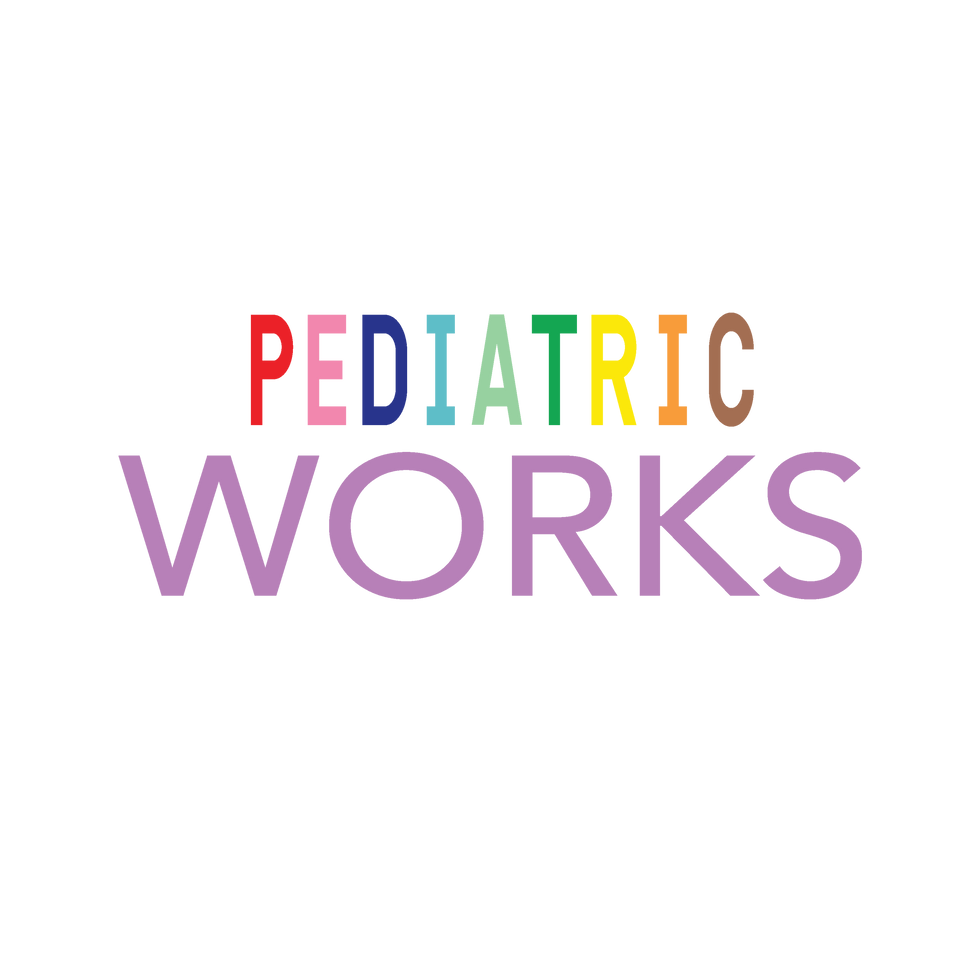MonkeyPox
- Feb 13, 2025
- 1 min read
Updated: Feb 14, 2025
Updated: May 18, 2023

Over the weekend the World Health Organization (WHO) declared Monkeypox a Global Emergency; with more than 16,000 cases in 75 countries. There are several cases; including those involving children, in the Atlanta area.
Here are some quick facts:
Rare
The first human case was in 1970 but first discovered in 1958 in a colony of monkeys
Monkeypox virus is in the same family as SmallPox
Symptoms are similar to SmallPox but milder—>rarely fatal
How is it spread:
Direct Contact (touching someone’s rash with Monkeypox or their items)
Prolong face-to—face contact (for example during kissing)
Pregnant women can spread the virus to their fetus
Signs and Symptoms:
(Typically the rash is first)
Fever
Headache
Muscle arches/backache
Swollen lymph nodes
Rash (pimples or blisters on the face, inside the mouth, or on hands, feet, chest, genitals, or anus)
YOU ARE CONTAGIOUS UNTIL THE RASH HAS HEALED AND A FRESH LAYER OF SKIN HAS FORMED (2-4 WEEKS).
Prevention:
Avoid contact with someone with Monkeypox (touching, kissing, using utensils or towels &, etc)
Treatment:
Isolate yourself from people and pets (UNTIL RASH HAS HEALED)
5 commercial labs including LabCorp and Quest can test for this virus
Monkeypox and Smallpox are similar therefore you can be treated with smallpox antivirals
Vaccination:
For those who have been exposed
People who are at high risk of being exposed (for example, healthcare workers)
Georgia is currently receiving the JYNNEOS vaccine (Licensed in 2019)
JYNNEOS is a two-dose series, least four weeks apart. Currently; for those 18 years & up.

.png)



Comments